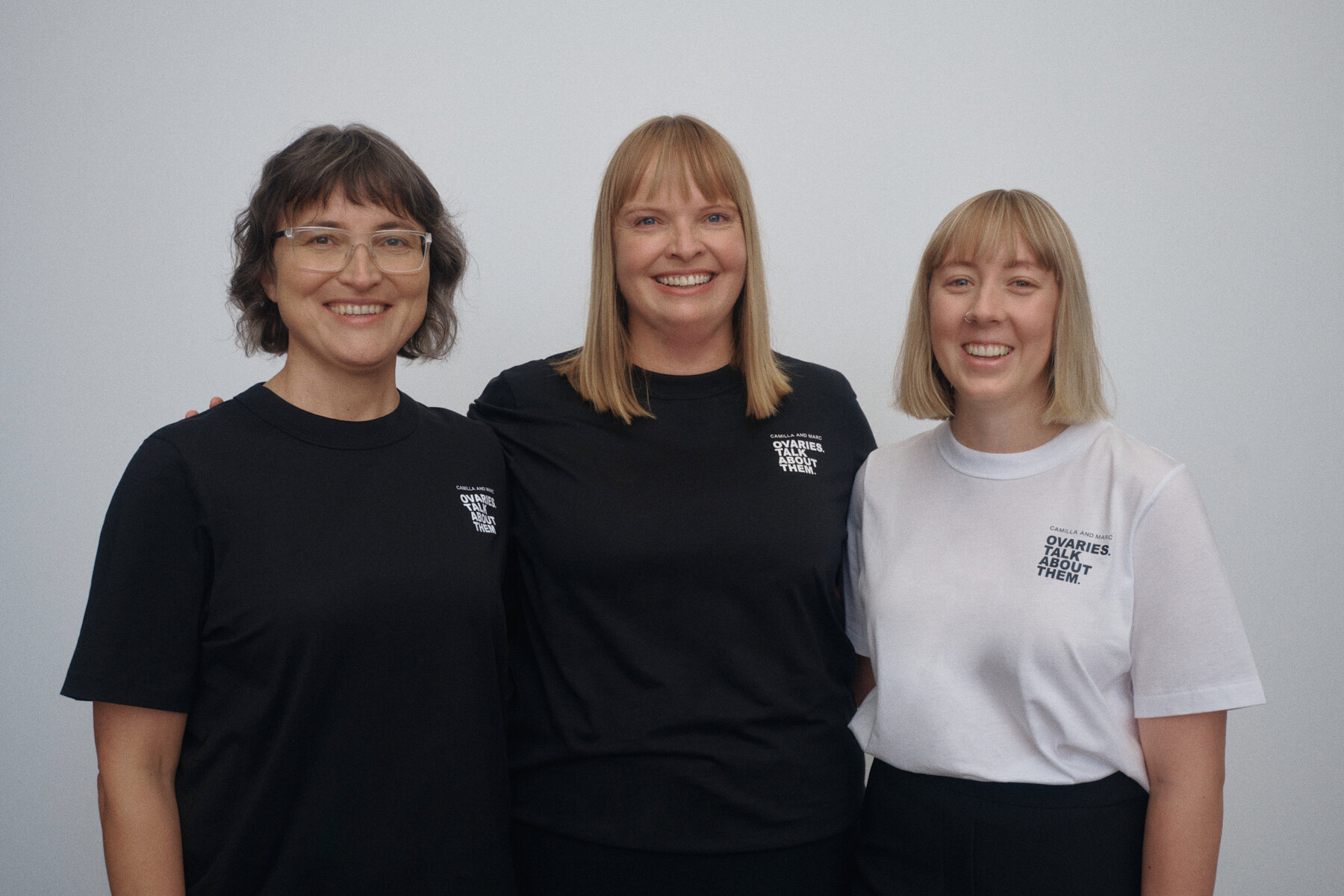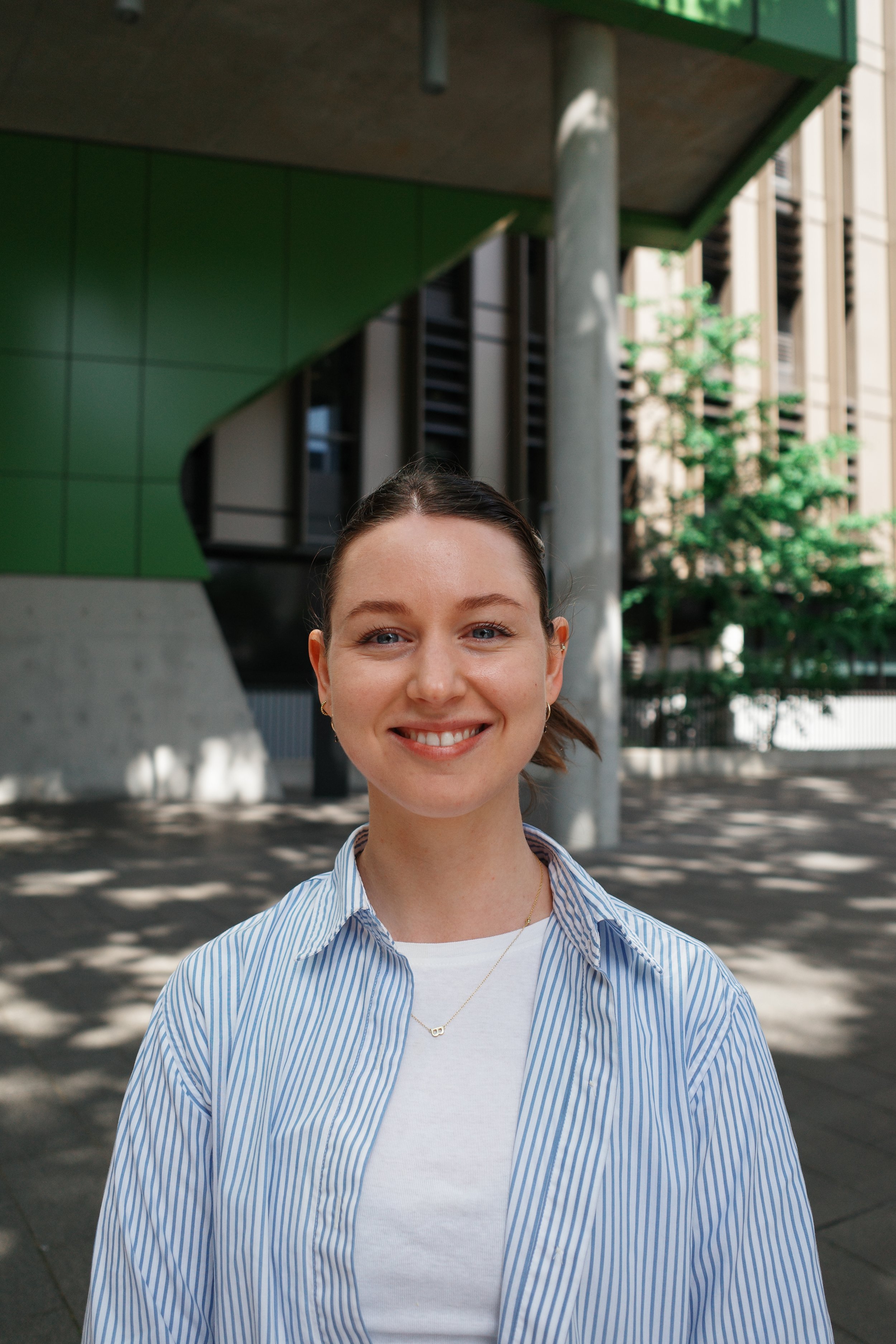
Early Detection of Ovarian Cancer
The early detection of ovarian cancer remains the key to effective treatment and improved quality of life. As ovarian cancer is most often diagnosed at a late stage, the opportunity to control it before it spreads is lost and treatment is less effective. We are working on a blood test which can identify ovarian cancer at its earliest stages, allowing these cancers to be surgically cured and changing the fate of people around the world.
What is the Problem?
Ovarian cancer is the deadliest out of all cancers of the female reproductive organs. One of the major issues that contributes to the poor survival of ovarian cancer is that it is usually diagnosed when the cancer has already spread, that is, at ‘late-stage’. Only 4/10 people (assigned female at birth) with ovarian cancer will survive for 5 years after receiving the diagnosis. One of the reasons that ovarian cancer is diagnosed late is because there is no screening test to capture people with small, easy-to-resect (surgically remove) tumours. This is unlike some other cancers, such as breast, which can be screened by mammogram, and colon cancer, screened by the faecal test. When ovarian cancer is detected at early stage, 9/10 people survive after 5 years of diagnosis.
What is our solution?
Our goal is to create a screening test that could be achieved through a simple blood test to detect tumour DNA. Usually our DNA is kept within our cells. However, several decades ago, it was discovered that DNA can be cut up to smaller pieces then released from cells. Afterwards, this DNA can freely circulate in the bloodstream as “circulating cell-free DNA”. This event occurs in normal healthy individuals, however, in cancer patients, the tumour itself also releases some of its DNA into the bloodstream. We can take advantage of this by detecting the tumour-derived cell-free DNA in a screening test. Our vision for the future is that blood will be collected from people in the general population at annual GP check-ups for ovarian cancer screening. Then, using the laboratory protocol that we are currently developing, we can detect the presence of circulating cell-free DNA coming from the ovarian tumour. Identifying individuals with ovarian cancer early means more complete removal of tumour tissue at surgery which ultimately leads to better overall survival.
Where to from here?
The generosity and support of several funding bodies and blood volunteers have allowed us to identify the features of circulating cell-free DNA that is uniquely different in ovarian cancer patients compared to healthy individuals. Currently we are focusing on developing a protocol to detect the tumour circulating cell-free DNA in people with cancer that is both sensitive and specific. To be able to continue this research and give future patients hope, we continuously need more blood volunteers and funding. Any contribution that you can offer will help us to go the distance and, who knows, we might just be the one to get that golden ticket of successfully creating a screening test for ovarian cancer!
Get involved
Make a valuable contribution with a blood donation
We are seeking healthy people assigned female at birth over 18 as volunteers to donate blood for this project. The healthy control blood helps us to distinguish that our test is cancer-specific and appropriate for use as a screening tool for the general population.

Ovaries. Talk about them.
Make a donation to this years fundraising campaign, supported by CAMILLA AND MARC™,
with all proceeds going towards our early detection project research.
Staff involved
-

Dr Kristina Warton, BSc(Hons), PhD
-

Teagan Fisher, BAdvSc BMedSc(Hons)
-

Prof. Caroline Ford, BSc(Hons), PhD
-
Brigitte Hodder, RN, MPH


